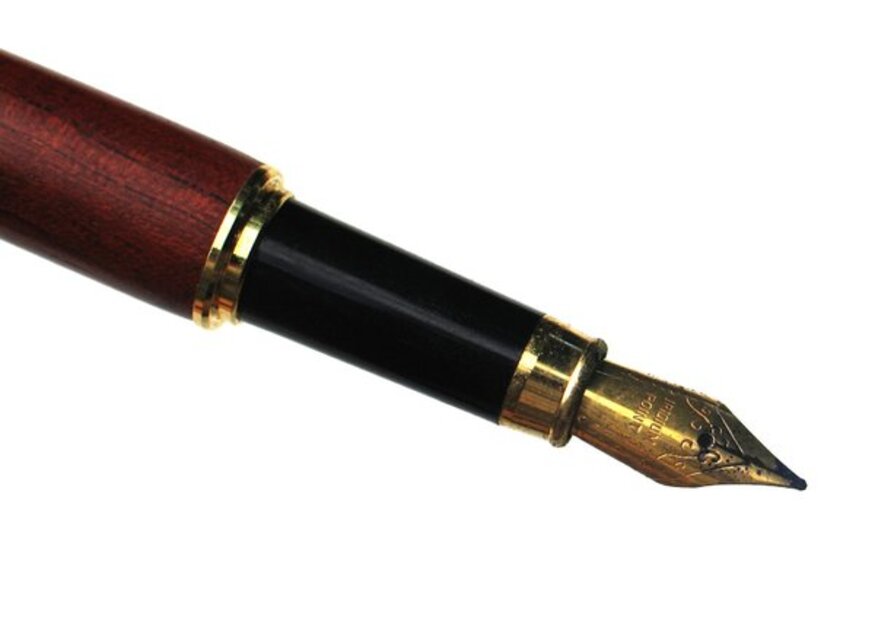
Our Gemara on Amud Aleph discusses the sale of pigeons produced from a dove coop:
The buyer must leave the first pair of doves from the brood for the seller. The reason that an extra pair of doves must be left behind is to ensure that the first brood will not fly away. The Gemara also rules that the buyer must also leave a second pair from the brood of the children.
The Gemara questions this logic: If the reason is that she is attached to her daughter and the mate which one leaves for her, this should also be true with regard to the daughter, i.e., she too will become attached to her mother and the mate which one leaves for her. Why then, is it necessary to leave behind a pair of the daughter’s own brood to ensure that the daughter will not leave?
The Gemara answers: A mother is attached to her daughter, whereas a daughter is not attached to her mother. Therefore, in order for the daughter to remain in the dovecote it is necessary to leave the daughter’s brood with her.
This brings to mind the Yiddish adage that a Jewish mother can take care of ten children, but ten children cannot take care of one mother. Despite the adage, it is the nature of the world. As children grow up, they become less attached, but their parents still remain more attached. It is also reflected in the verse (Bereishis 2:24):
æÂøñæøƒæø¥øçæø æø§øñæÂøýæø¡æøƒæøÇøææˋæ æøÑæˆøƒæø¡æøÇøææ æø¯æøÑæˆøƒæøÇæø¥øæø¿ æø¯æø¡æøñøÈæÏ æø¥ø¯æøÇæˋæø¯æˆø¥øæø¿ æø¯æø¡æøæø¥ æø¯æø¡æˋæø¡øËæ´ æøÑæø¡ø§ææ
Hence a man leaves his father and mother and clings to his wife, so that they become one flesh.
We have seen many times how the relationship of husband and wife is a symbolic representation of the emanations and patterns of how God and Man relate. Tikkune Zohar 92a, using this verse says: Just as during intimacy there should be no physical barriers, literally clothes, and metaphorically any emotional distance, so too there should be no barriers when praying to God. This is symbolically represented in the halacha that one should pray the Amidah by a wall, with nothing else in between.
Chassidic thought takes this even further. The “father” represents chochma raw knowledge, truths and facts. Just as the father provides the tiny seed, which contains everything in the microscopic point, so too there is a pure simple truth from which everything emanates. The “mother” is bina understanding and inference. Just as the mother takes the seed and grows it into a child, so too understanding takes raw knowledge and truth, and uses reasoning to apply the knowledge. However, to fully know and transcend beyond human limits, there needs to be an integration of both aspects, which can only come by letting go of holding onto either truth too rigidly. We can come to Godly knowledge by integrating truth and understanding, and then letting those two go enough to see beyond the veil of physicality and reality. Consequently, the verse reads as follows: Therefore a man will let go of his grip on blunt truth and his grip on his ability to infer, and make the intuitive leap to become one, and attach to God. (See Likutei Halachos, Yoreh Deah, Laws of Shaving 4:7. This fits well with our description of intuition that we discussed in blogpost Psychology of the Daf, Bava Basra 78.)

 Previous
Previous
